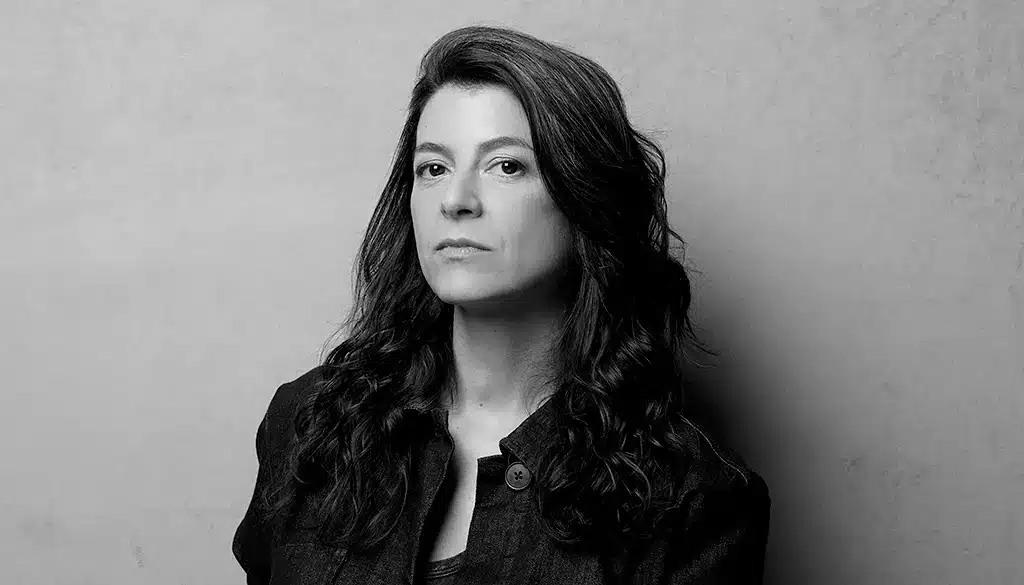In “A Fabulous Animal,” an Argentine architect named Leila, who lives in Lyon, receives an unexpected phone call. On the other end of the line is Elena, a friend with whom she shared a close relationship years ago in Buenos Aires, and with whom she has not spoken for two decades. Elena announces that she is ill and does not have much time left. She does not want to talk about herself, but about her son Peta, who died when he was only seven years old. Leila witnessed that night and was the last person to be alone with the child.
As they talk, Leila recalls the details of that visit with precision. She remembers arriving at Elena and her husband Alberto’s house, the warm welcome, the harmony of the home, and the disturbing image of an exhausted horse tied to a cart, which she had seen from the taxi just a few hours earlier. That image will return at the end of the story, laden with meaning.
Peta was an eccentric, sensitive, and surprisingly lucid child. He had created a sky of constellations on the ceiling of his room, wore a shiny costume he had made himself, and, in his conversation with Leila, confessed his greatest desire: he did not want to be an architect, or even human; he wanted to become a horse. Leila, moved, let herself be drawn into the game. Together they pretended to walk like horses, with their eyes closed and their arms outstretched, even climbing to high places. At one point, Peta climbed onto a beam to practice at height. Afterwards, Leila remembers leaving him, but she cannot remember whether she put him to bed or not.
During dinner, a noise startles them: Peta has fallen from the first-floor ledge, probably while continuing to play alone. Leila calls the ambulance, but is unable to return to the patio. She leaves the house, crosses the door, and stands outside, paralyzed. There, on the street, she finds an injured horse, lying on the asphalt as if it had also fallen from somewhere. She kneels beside him, hugs him, talks to him. That moment—intimate, symbolic, inexplicable—links her memory with the loss of the child.
The ambulance takes Peta away, his parents accompany him, and Leila is left alone. From then on, they never speak again. From a distance, she takes care of the horse for a while, moving it to some stables, until its real owner claims it and takes it away.
In the present, during the call, Elena does not seek explanations, she just wants to hear more about her son. Finally, she asks an unexpected question: “Where is the horse?” Leila, not knowing what to say, gives her a symbolic answer. On the other end, Elena opens the window onto her backyard and says, “I have everything. Everything is here, ready.” The conversation ends there, suspended between memory and a form of impossible but necessary consolation.
This post is also available in:
Español (Spanish)
